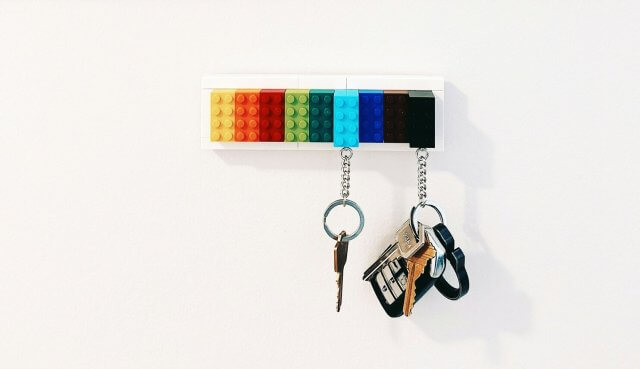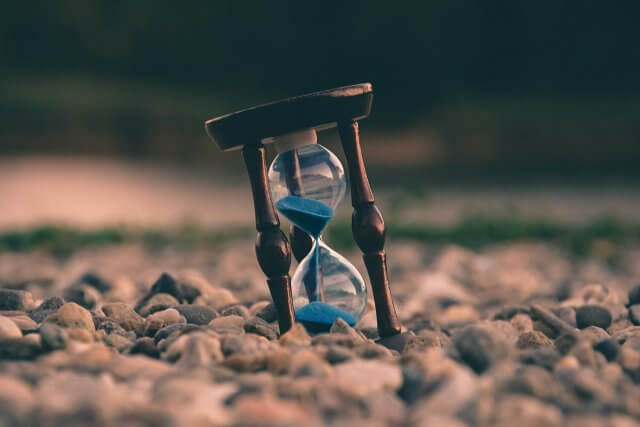A small and unexpected reduction in inflation has sparked excitement among first home buyers about a potential cut in interest rates next month – which means mortgages should, in turn, become cheaper.
But, is this the right time to buy your first home.. or should you wait longer?
Buying your first home can be an exciting time, but also daunting – especially in a time of economic flux, higher mortgage interest rates and rising house prices.
Thankfully, there are steps you can to get your finances in shape and make your first home a reality.
Buy now or wait?
Many first time home buyers put their plans on hold last year to see what would happen with interest rates, which hit a 16 year high in November 2023.
The Bank of England base rate – which mortgages are linked to – has slowly come back down, which ‘should’ make buying a first home in 2025 more affordable. However, inflation is proving sticky so it’s hard to predict whether rates will fall further.. and when.
This is the tricky part. It might be tempting to wait for interest rates to fall further so you can get a cheaper mortgage – but on the flip side, house prices are rising fast.
Average house prices – which had been falling due to less demand – could increase by as much as £84,000 over the next five years, according to Savills. This means that even if you secure a cheaper mortgage, you’ll be borrowing more. The threshold for stamp duty is also set to drop from March 2025 (see below), making a first-time move more expensive.
It’s all about getting the balance right. Whether you should buy now or wait will depend on your individual circumstances, including the size of your deposit, and how much any rent you currently pay is costing you.

Saving for a deposit
The average asking price for first homes in the UK is now £249,100, according to Zoopla. The average first-time buyer puts down a £56,000 deposit and takes out a 30 year term. It’s no surprise then, that it now takes the average first-time buyer 11 years and 3 months to save a deposit – compared to just three months in 1974.
The cost of a first home (and therefore the deposit you’ll need) will vary hugely depending on where you live – from an average of £126,000 in the North East of England and £176,500 in Wales to an eye-watering £411,900 if you’re looking to buy in London.
The bigger, the better
Most lenders require a minimum deposit of at least 10 per cent of the property value, though some will go as low as five per cent. However, be aware that the less deposit you put down, the higher your interest rate is likely to be. So if you can bear to hold on and grow your pot, it could be well worth it in the long run.
Start saving early
When it comes to saving for your deposit, the earlier you start, the better. We really can’t stress the importance of this. With time on your side, you can save far more than those who save higher amounts than you but start later in life. This is because of a brilliant effect called ‘compounding,’ where you get to earn interest on the interest you already have.
As soon as you can (ideally when you start your first paid job – but whatever age you are, just start NOW), put a fixed amount that you can afford aside each month. Set up a standing order for pay day, and you won’t notice this money not being available to you.
As Warren Buffet said, “Do not save what is left after spending; instead spend what is left after saving.”
Think carefully about where you save your deposit. The upside of a period of higher interest rates is that savers can finally get better returns on cash savings accounts. Just make sure you shop around, as many high street banks haven’t been forthcoming in passing on rate rises to savers.
If you care about the future of the planet as well as your own, then interest rates won’t be the only important factor you consider when choosing a cash savings account.
Ethical banks and building societies will not invest in fossil fuels and other destructive industries like tobacco and weapons, and some go so far as to only lend your money to businesses and projects that are making a positive impact on the planet and society. See our top ethical savings accounts here.

Consider a Lifetime ISA
If you’re aged between 18 and 39, and your first home will cost under £450,000, you can benefit from saving into a Lifetime ISA (LISA). The government will top up your savings (up to £4,000 a year) by a generous 25 per cent – so for every £4,000 you save, you will get a £1,000 bonus.
You can also save up to £20,000 a year tax-free into a regular ISA (the money you put into a LISA will count towards this). See our top ethical LISAs here.
Leave investing for the long term
Deciding whether to invest your house deposit should largely depend on when you plan to buy. When you invest your money, you put it at risk of falling in value and potentially losing some – or even all – of it.
While over the long term, any falls are likely to even out and potentially bring you higher returns than the banks, over the shorter term the stock market is too fickle to rely on. A good rule of thumb is that if you need the money within the next five years, then stick to cash savings.
From the Good Guide to Financial Planning 2025 – download free here.



